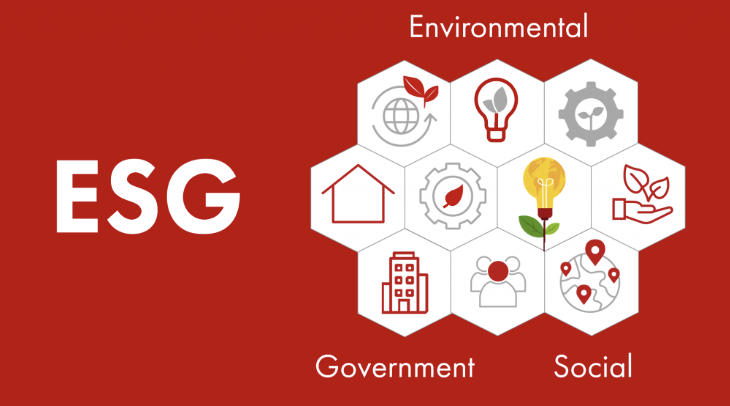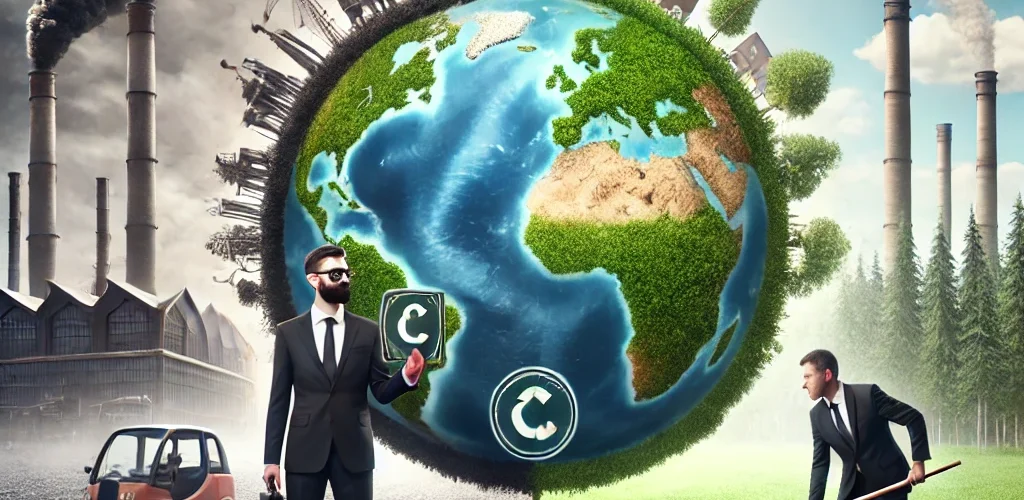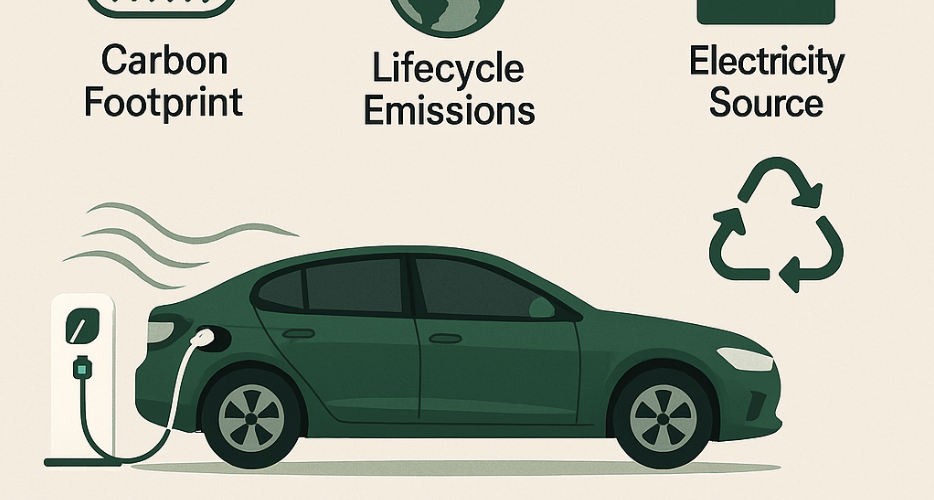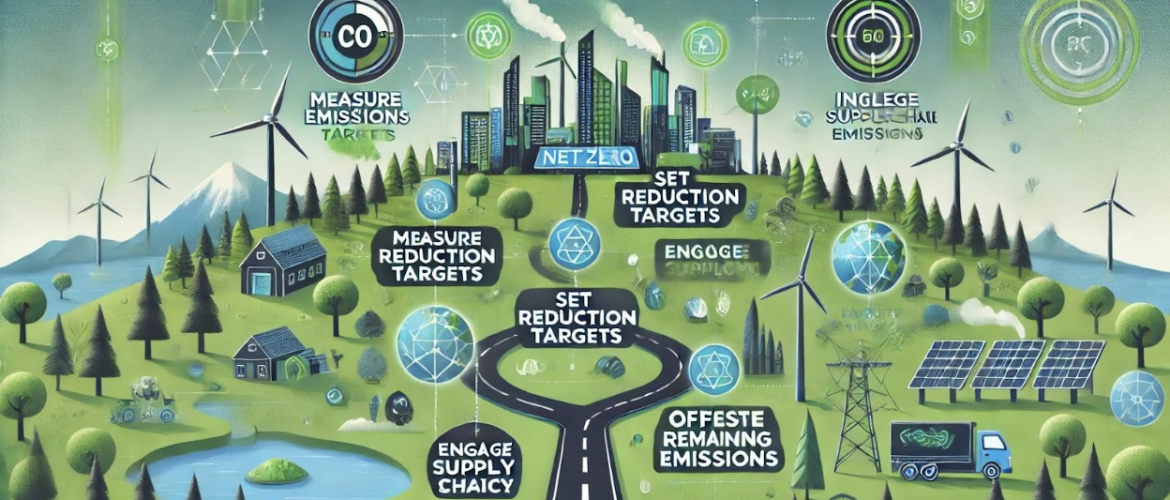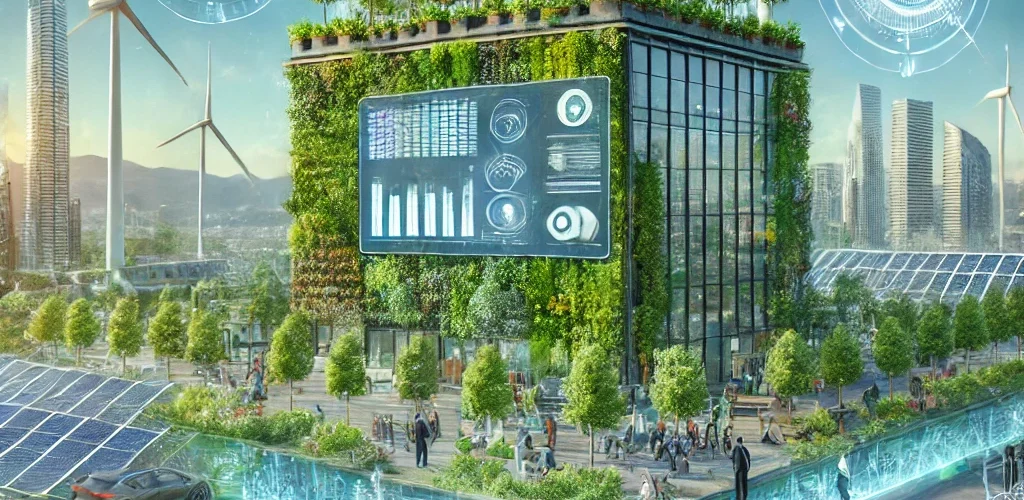Eco-Friendly Packaging in India: Trends Consumers Should Know About Introduction As environmental consciousness rises globally, eco-friendly packaging has emerged as a crucial component of sustainable consumption. In India, where waste generation is escalating due to rapid urbanization and e-commerce growth, the shift towards sustainable packaging solutions is both a necessity and an opportunity. Driven by regulatory mandates, ESG (Environmental, Social, and Governance) frameworks, and evolving consumer behavior, India’s packaging industry
Why ESG Is Not Optional Anymore: The Industrial Sector’s Role in India’s Green Goals Introduction In an era defined by climate urgency and stakeholder activism, Environmental, Social, and Governance (ESG) is no longer a corporate buzzword—it’s a business imperative. For India, a nation with ambitious net-zero goals by 2070, the industrial sector’s participation in ESG adoption is critical. With growing regulatory pressures and investor expectations, embracing ESG is not optional anymore—especially for
India’s Road to Net Zero by 2070: What It Means to Industries India made global headlines with its ambitious pledge to achieve net-zero emissions by 2070. For the country’s industries, this isn’t just a climate promise—it’s a complete shift in how business will be done in the coming decades. Whether you’re in manufacturing, energy, transport, or agriculture, the ripple effects are already being felt. Let’s break down what this journey means for Indian industries, the key
Carbon Markets: Trading Solutions or Just Greenwashing? In an era of heightened awareness about climate change, carbon markets have emerged as a potential solution for reducing global emissions. But as the urgency to combat climate change increases, questions arise about the true effectiveness of these markets. Are carbon markets a legitimate trading solution that can help us meet our net-zero targets, or are they just another form of greenwashing, allowing companies to appear sustainable without making real changes? In
Are EVs Truly Zero Emission? Unpacking Their Full Environmental Impact Electric vehicles (EVs) have emerged as a cornerstone of the global shift toward clean transportation. Marketed as “zero-emission” alternatives to gasoline-powered cars, EVs have gained traction for their potential to combat climate change. However, the reality is more nuanced. While they produce no tailpipe emissions, the entire lifecycle of an EV—from raw material extraction to manufacturing, energy consumption, and disposal—reveals a broader environmental footprint. To understand the true impact
Path to Net Zero: How Businesses Can Achieve Carbon Neutrality In today’s world, where climate change is no longer a distant concern, businesses are increasingly being called upon to reduce their environmental impact. The concept of “net zero” or carbon neutrality is quickly becoming a key focus, not just for governments, but for the private sector as well. Achieving carbon neutrality is critical not only for the environment but also for businesses aiming to remain competitive, sustainable, and in
Climate Chaos: Adapting to the New Business Normal The world is facing an era of unprecedented climate instability. From extreme weather events to supply chain disruptions, businesses are no longer just observers of climate change—they are on the front lines. Companies that fail to adapt risk financial instability, operational challenges, and repetitional damage. The new business normal is one where sustainability and resilience must be embedded into every decision. The Reality of Climate Chaos Rising global temperatures, erratic weather
What Are Zero Emissions and why it matters Zero emissions refer to the complete elimination of greenhouse gas emissions, particularly carbon dioxide (CO2), from human activities. This means that no harmful pollutants are released into the atmosphere from energy production, transportation, manufacturing, or other industrial processes. Achieving zero emissions is essential to mitigating the impacts of global warming and protecting ecosystems. The primary driver behind zero emissions is the urgent need to curb climate change. Rising global temperatures
In today’s fast-paced world, sustainability is no longer just a feel-good term — it’s a key ingredient for long-term business success. Companies that set green goals are discovering they can reduce costs, boost profitability, and build stronger connections with eco-conscious consumers. Let’s dive into how going green can unlock bigger gains for businesses. Why Green Business Practices Matter Adopting eco-friendly business strategies isn’t just good for the planet; it’s essential for staying competitive. Here’s how sustainability is transforming
The Future of BRSR Reporting in India: Paving the Path to Responsible Business India’s corporate world is buzzing with a new mandate that is set to redefine business responsibility and transparency—the Business Responsibility and Sustainability Reporting (BRSR) framework, introduced by the Securities and Exchange Board of India (SEBI). This framework is more than just a compliance requirement—it represents a proactive approach toward sustainability and responsible business practices. This revolutionary initiative has put sustainability reporting in the spotlight,
- 1
- 2



